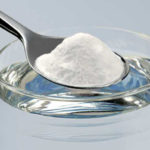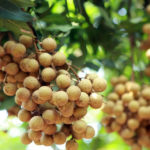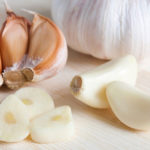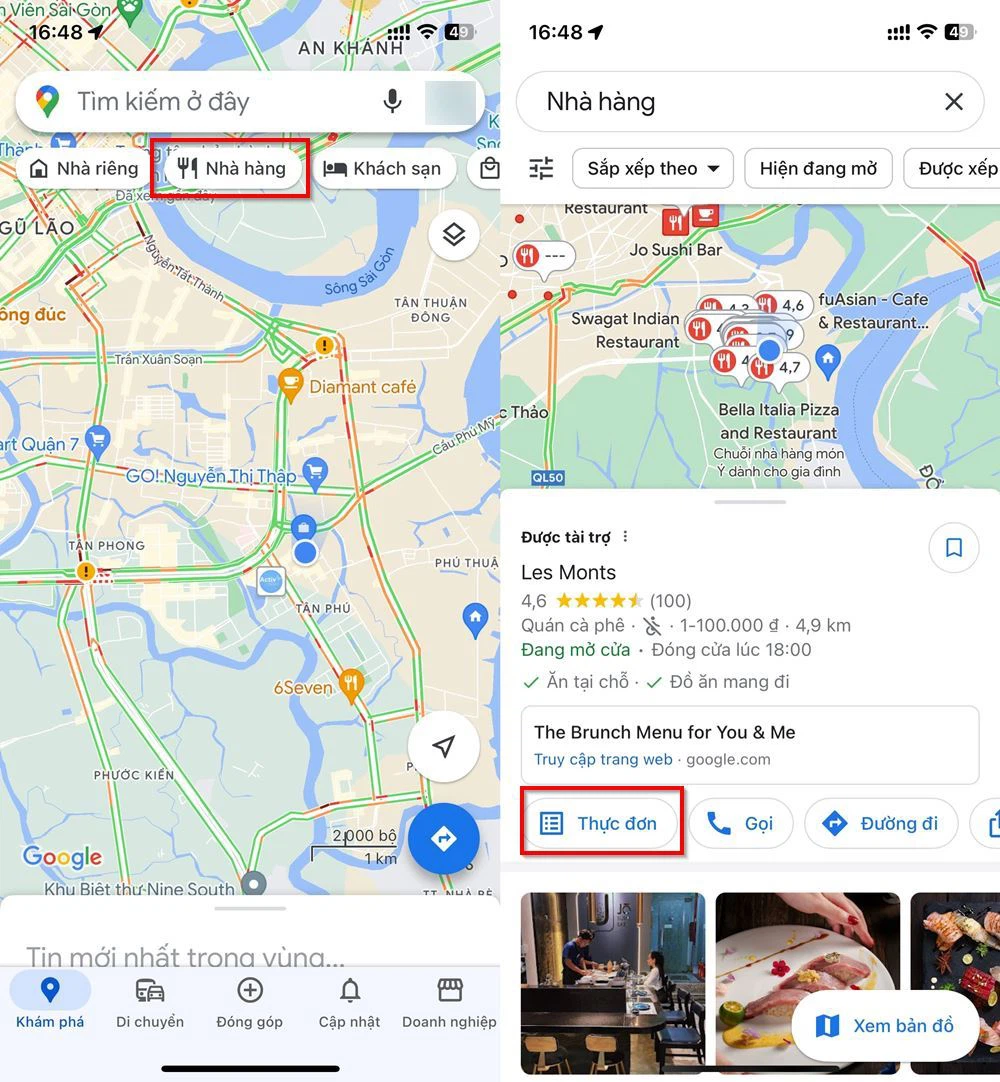1 Before and After Blood Donation: What to Eat?
Iron-rich Foods
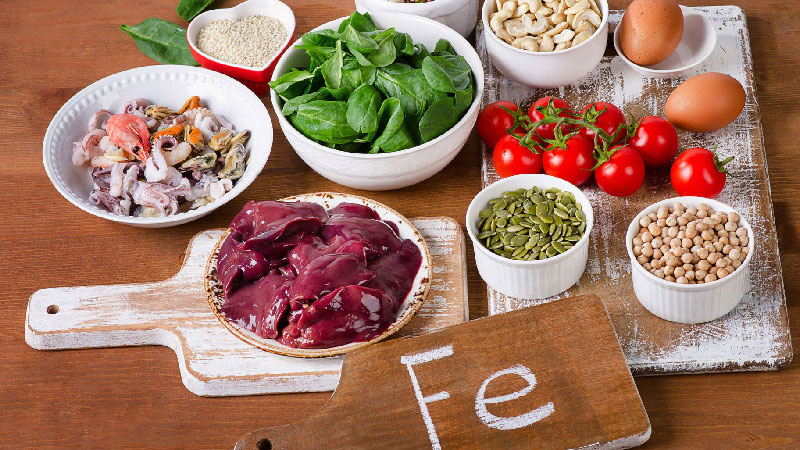 It is important to include iron-rich foods in your diet before donating blood
It is important to include iron-rich foods in your diet before donating blood
Blood donation results in a significant loss of blood, so it is crucial to consume iron-rich foods before and after the procedure. Iron plays a vital role in oxygen transport and supports blood circulation from the heart to the rest of the body.
Some excellent sources of iron include spinach, lentils, beans, red meat, poultry, fish, and fortified cereals. Including these foods in your diet before donating blood is highly recommended.
Vitamin C-rich Foods
 Increasing your intake of vitamin C-rich foods improves iron absorption
Increasing your intake of vitamin C-rich foods improves iron absorption
Consuming foods rich in Vitamin C will enhance your body’s absorption of iron and provide a boost of antioxidants, aiding in the removal of toxins from the blood.
Eat plenty of citrus fruits like oranges, lemons, and pineapples, as they are packed with Vitamin C.
Folic Acid-rich Foods
Also known as Vitamin B9, folic acid is essential for producing new red blood cells to replace those lost during blood donation. Include folic acid-rich foods such as dried beans, liver, asparagus, and dark, leafy greens like kale and spinach.
Vitamin B6-rich Foods
After donating blood, focus on consuming foods rich in Vitamin B6 to promote healthy blood cells and support protein breakdown, providing essential nutrients for your body’s recovery. Good sources of Vitamin B6 include bananas, eggs, spinach, nuts, seeds, red meat, and poultry.
Drink Plenty of Water
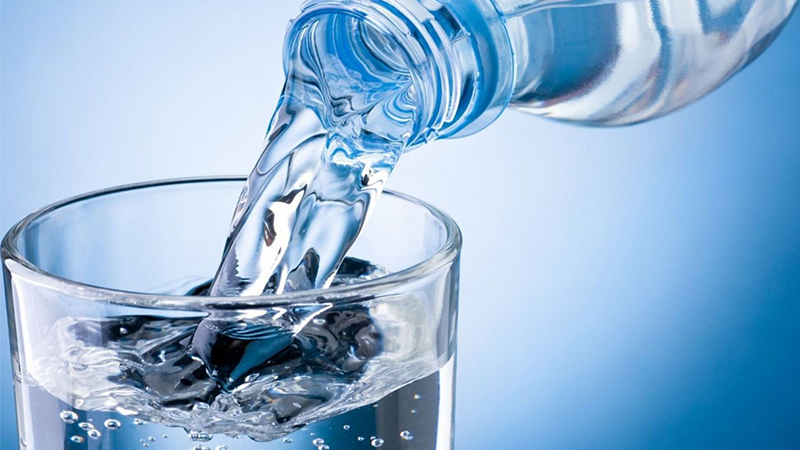 Stay hydrated by drinking ample water before donating blood
Stay hydrated by drinking ample water before donating blood
Water plays a crucial role in blood purification, detoxification, and viral protection. Ensure you drink plenty of water before donating blood to support these vital functions.
Plant-based Diet
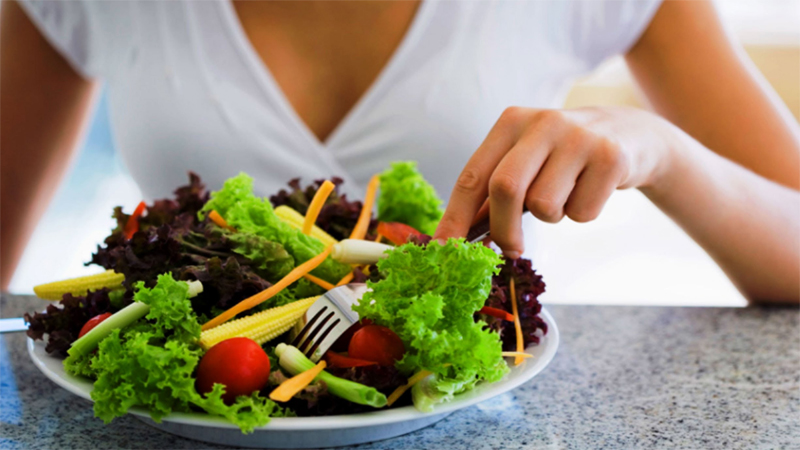 Adopting a plant-based diet has numerous health benefits
Adopting a plant-based diet has numerous health benefits
A plant-based diet is associated with reduced risks of high blood pressure, high cholesterol, and cardiovascular diseases. By eating more plant-based foods before donating blood, you can detoxify your body and promote the production of cleaner blood.
2 What Not to Eat Before and After Blood Donation
Fatty Foods
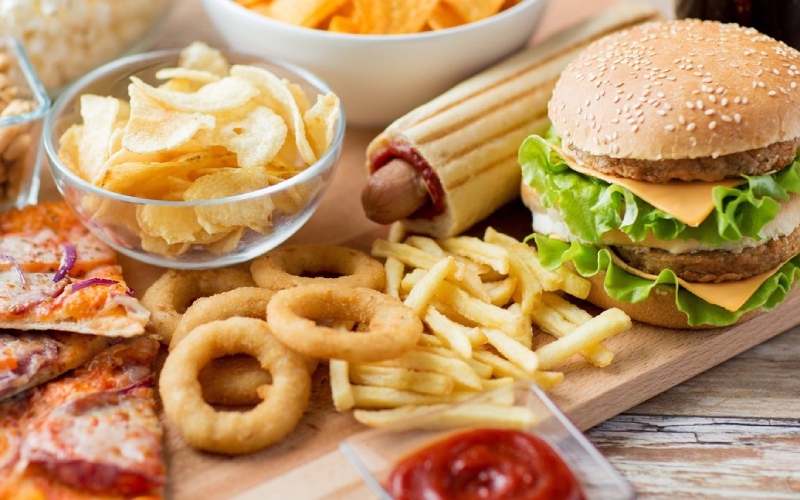 Avoid consuming fatty foods before donating blood
Avoid consuming fatty foods before donating blood
In the lead-up to your blood donation, it is advisable to refrain from eating fatty foods such as fried foods, fast food, pastries, and dairy products. These foods can affect the quality of your blood and interfere with infection detection during blood testing.
Foods Inhibiting Iron Absorption
 Certain foods and beverages can hinder iron absorption
Certain foods and beverages can hinder iron absorption
It is best to avoid consuming tea, coffee, milk, and iron-inhibiting foods like rhubarb and spinach before and after donating blood. These foods can impact your body’s ability to absorb iron, leading to suboptimal blood quality and delayed recovery.
Alcohol
 Alcoholic beverages can cause dehydration and impact your red blood cell count
Alcoholic beverages can cause dehydration and impact your red blood cell count
Alcoholic drinks, including beer, can lead to dehydration and negatively affect your health and red blood cell count. It is recommended to refrain from drinking alcohol for at least 24 hours before donating blood.
Aspirin
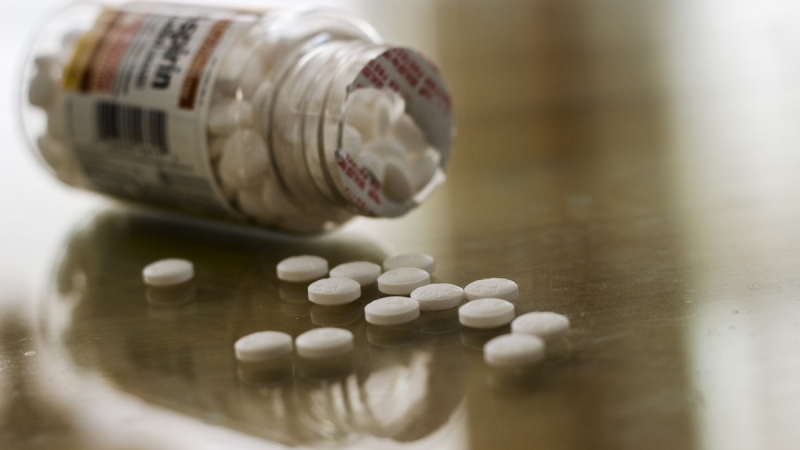 Aspirin can affect the usefulness of platelets in the blood
Aspirin can affect the usefulness of platelets in the blood
If you are donating platelets, it is crucial to avoid taking aspirin for at least 36 hours beforehand. Aspirin can reduce the effectiveness of platelets for the recipient.
We hope you found this information helpful. Remember to take care of your health and well-being as you prepare for this noble act of blood donation!
How to Effectively Treat Fishbone Issues at Home
Everyone loves feasting on the deliciousness of fish during the holidays. But, unfortunately, choking on fish bones is an unavoidable issue that may lead to devastating consequences if left unattended for a prolonged period. Let’s see how Dien May Xanh can help us out when fish bones get stuck in our throat.
Uncovering the Benefits of Eye Massage: 3 Unexpected Effects
Do you want to know how to protect your eyes and eyesight with simple massage techniques? Recent research has revealed that daily eye massage can provide a number of unexpected benefits to those looking to maintain healthy eyes and vision. Keep reading to find out more about the effects of eye massage and some simple exercises!
























